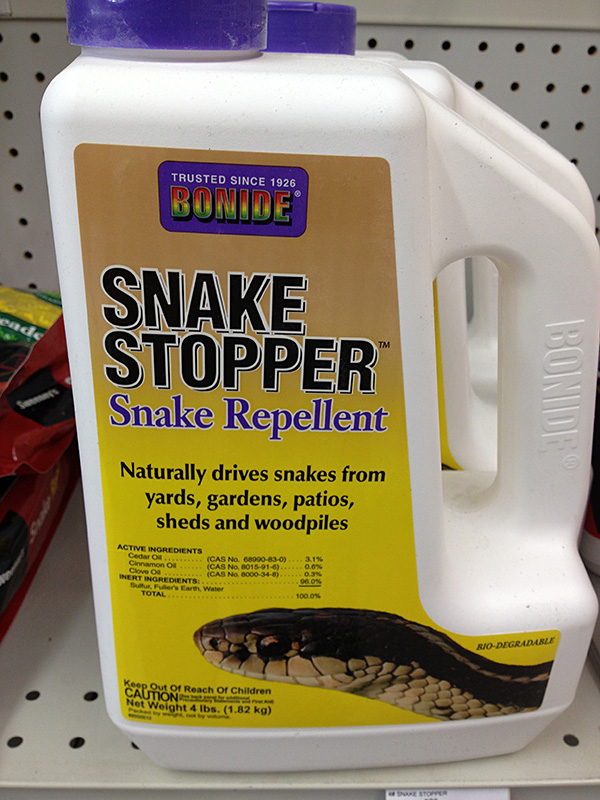rcb
Well-Known Member
Does anyone have a recommendation for a snake repellent that actually works? I'm tired of going out to pick up one of my orchids only to be startled by a black snake slithering along the bench. Just happened again a couple minutes ago. And the snake has the audacity to look at me like I'm doing something wrong. Excuse me Mr. Snake but I pay the property taxes. Lol
I'm told the ones you buy at the store are a waste of money.. Opinions?
They probably are going after the anoles that hang out on my plants, and although being originally a Northerner, it took some getting used to the anoles, they keep my plants pest free, so I don't have to use pesticides.
But the snakes are too much.
Unfortunately a dog is not an option.
Anything?
Renee
I'm told the ones you buy at the store are a waste of money.. Opinions?
They probably are going after the anoles that hang out on my plants, and although being originally a Northerner, it took some getting used to the anoles, they keep my plants pest free, so I don't have to use pesticides.
But the snakes are too much.
Unfortunately a dog is not an option.
Anything?
Renee




